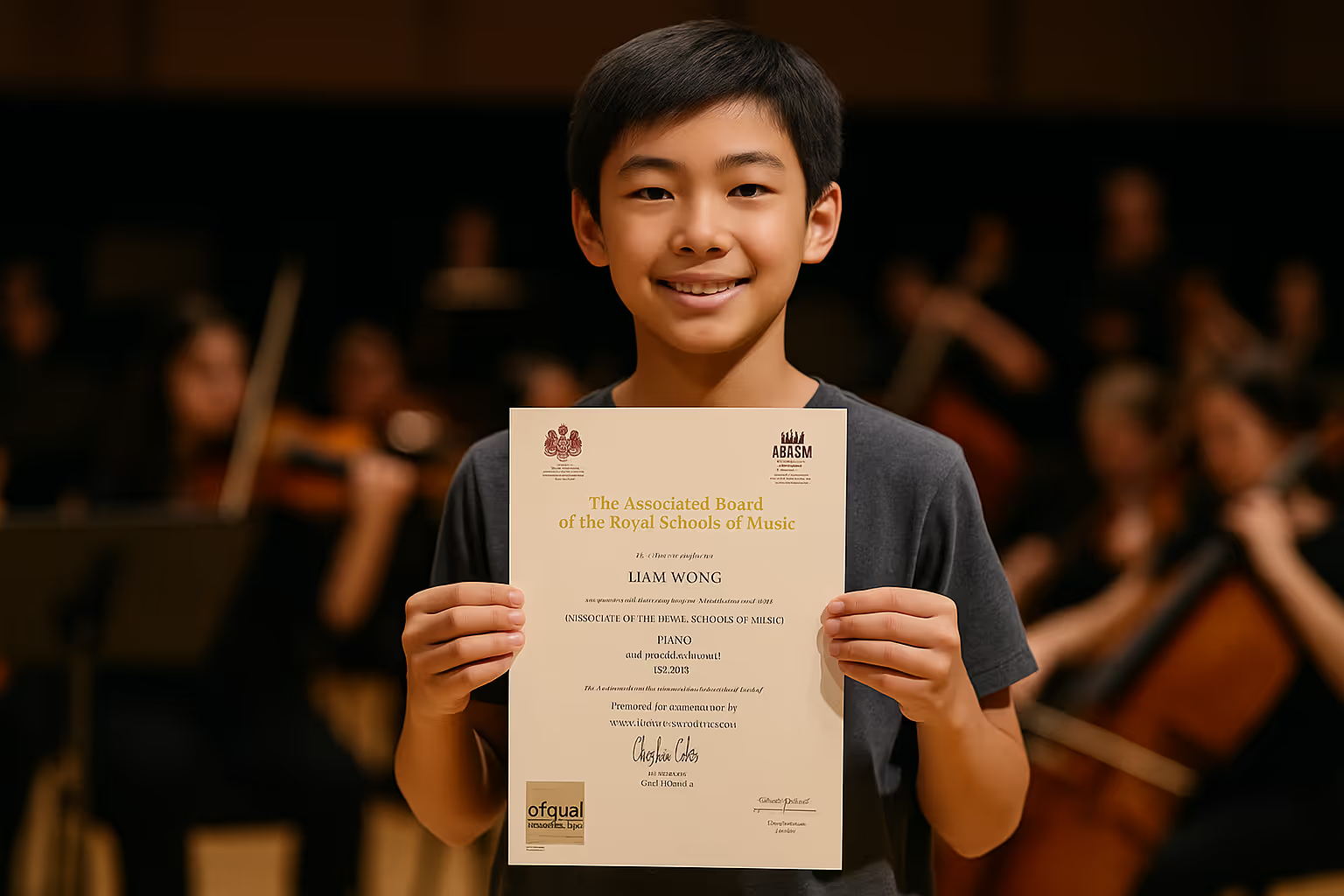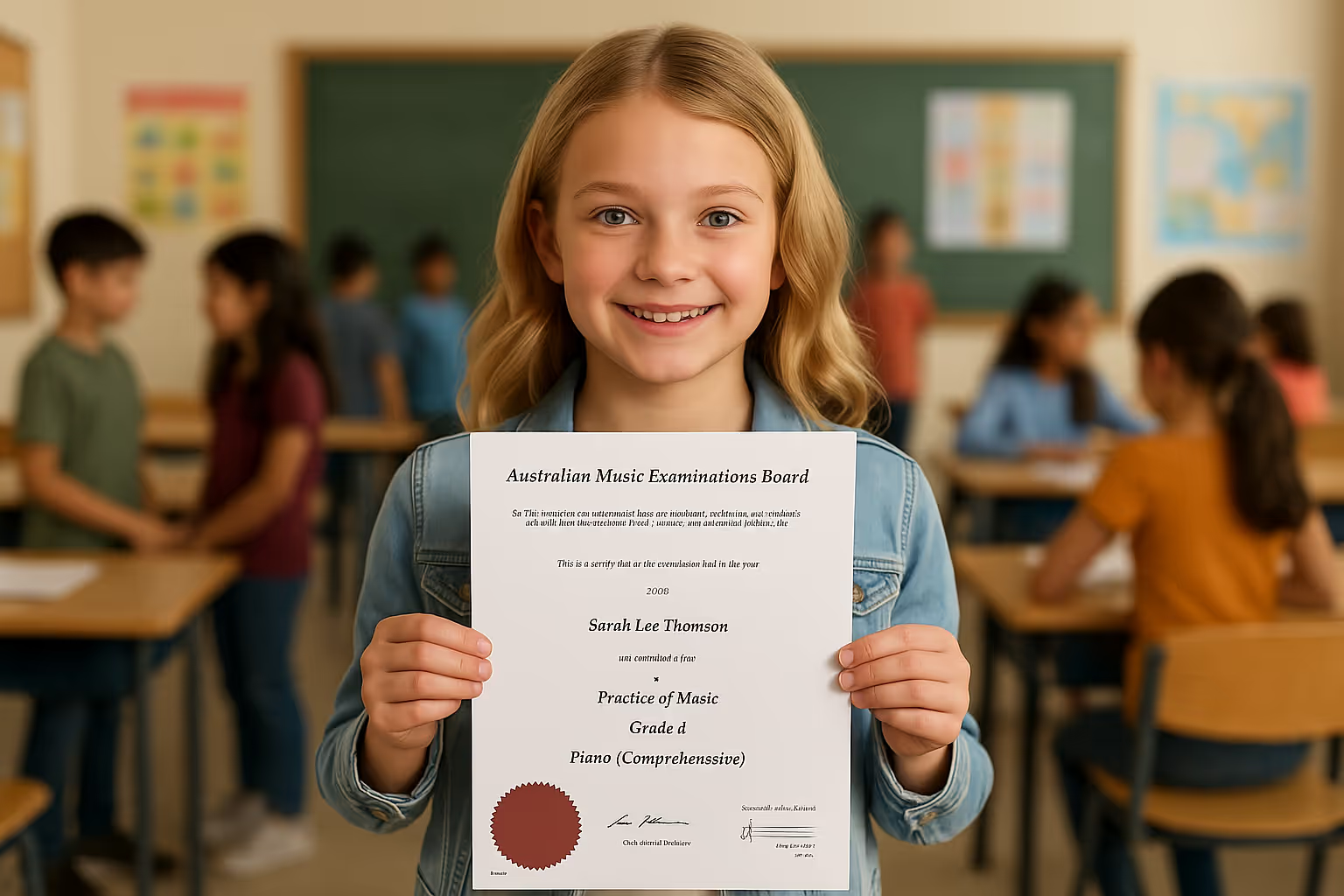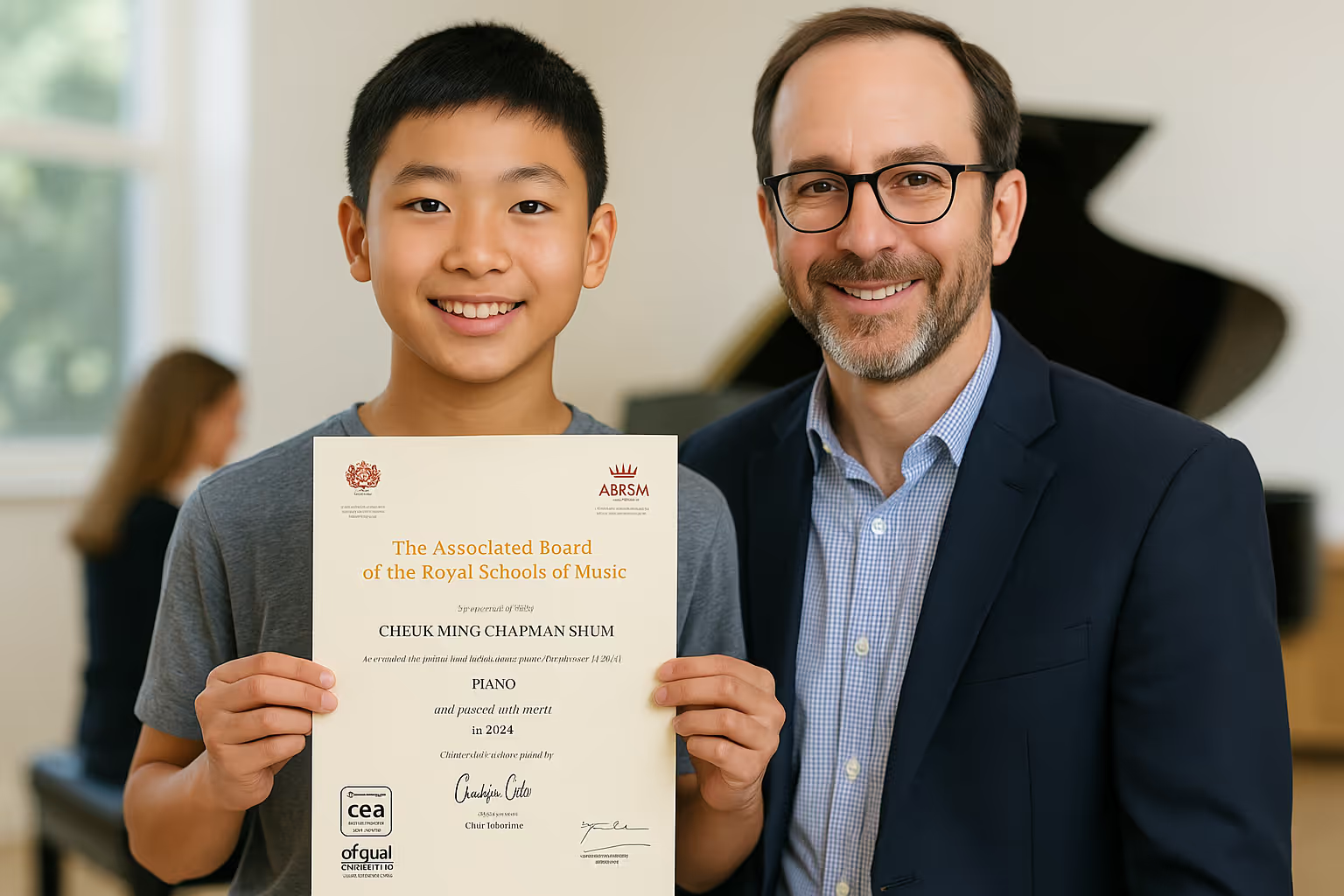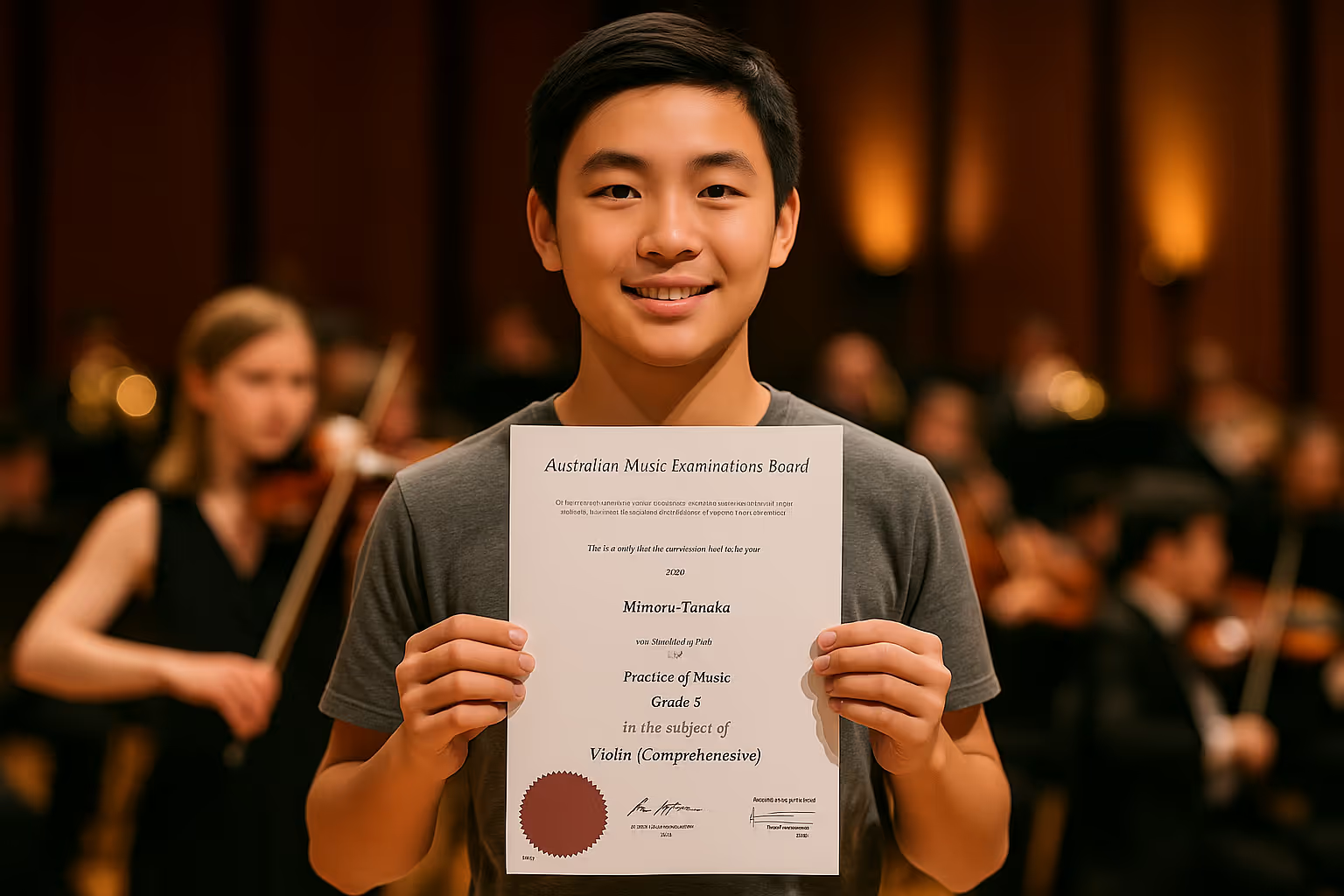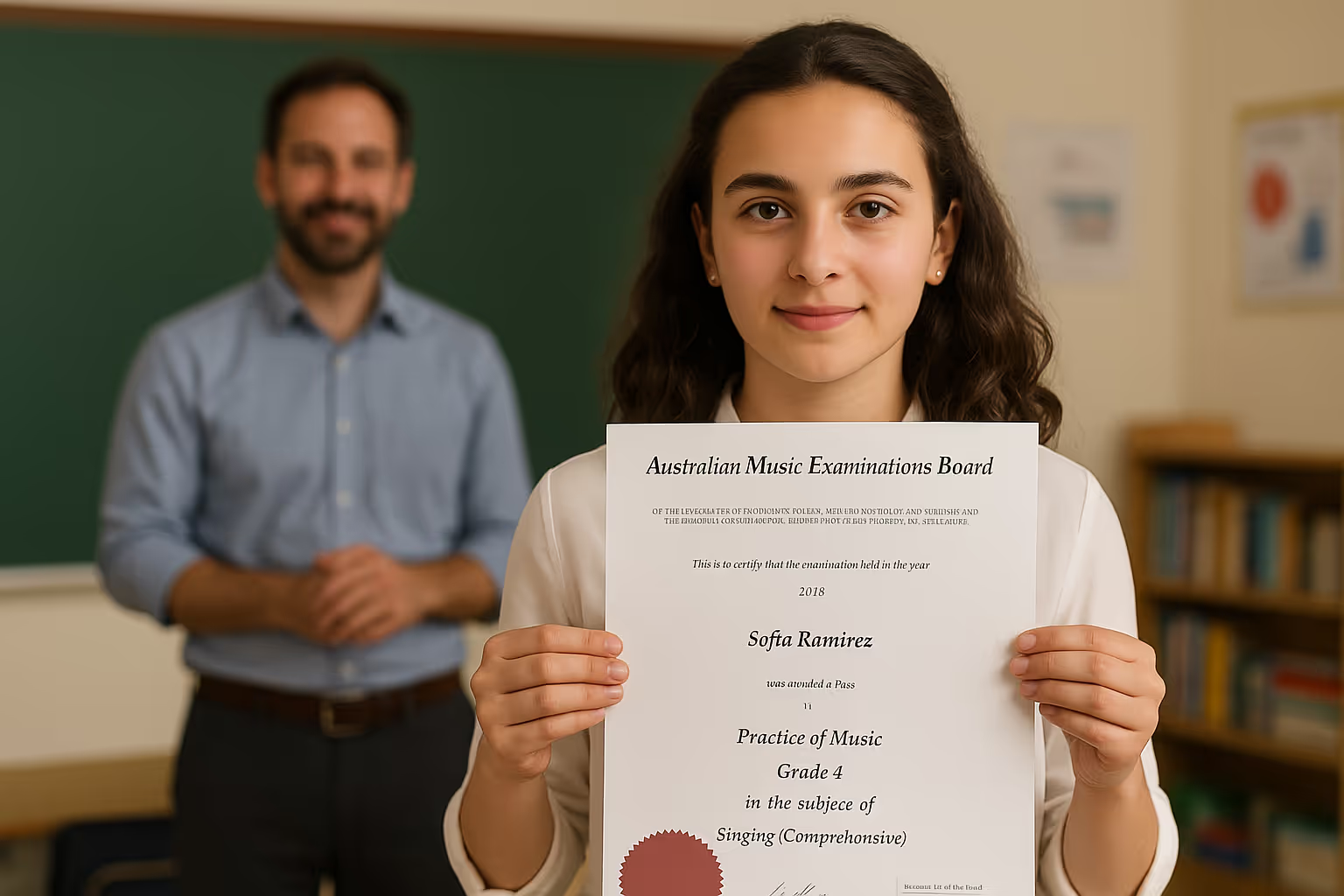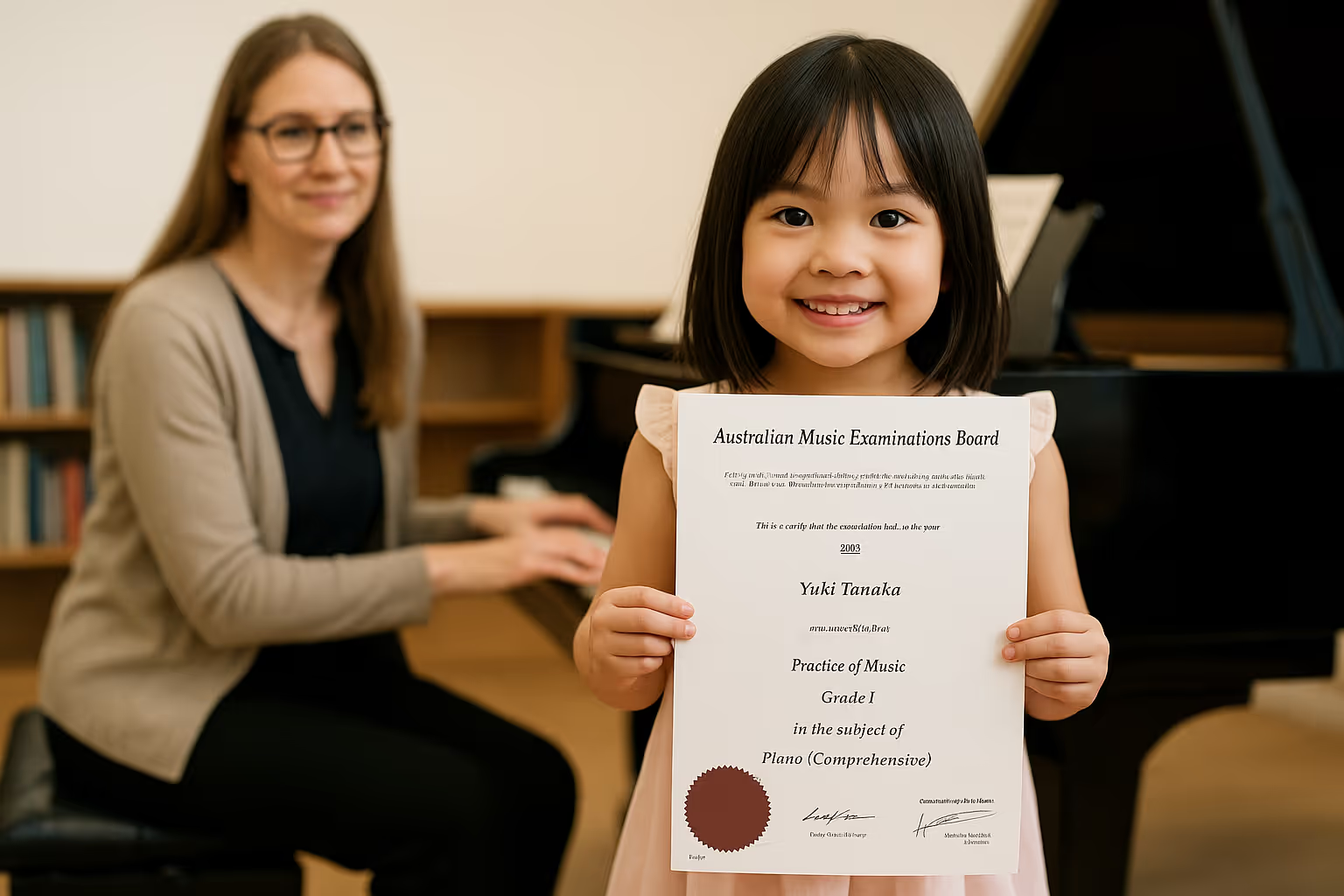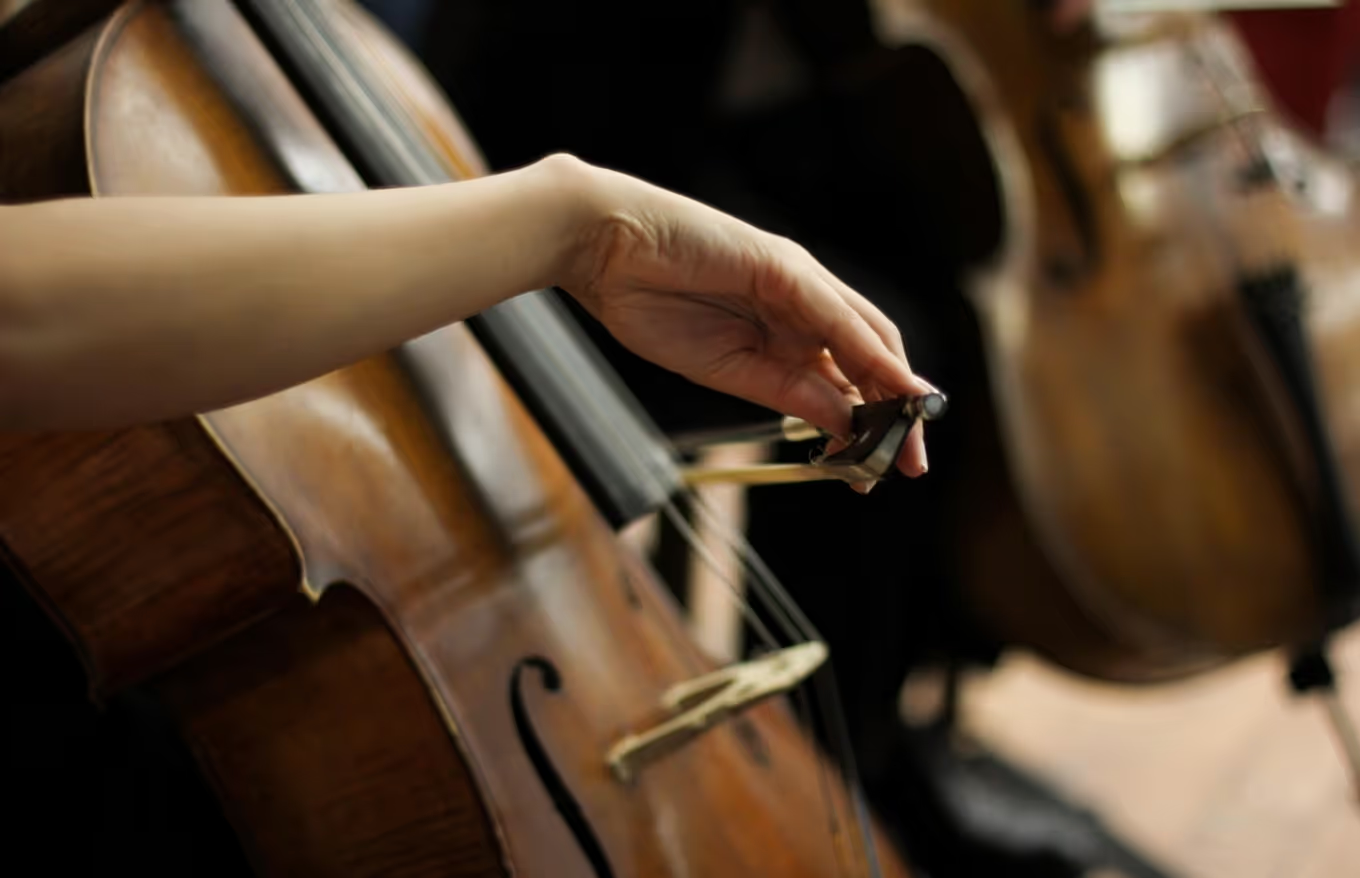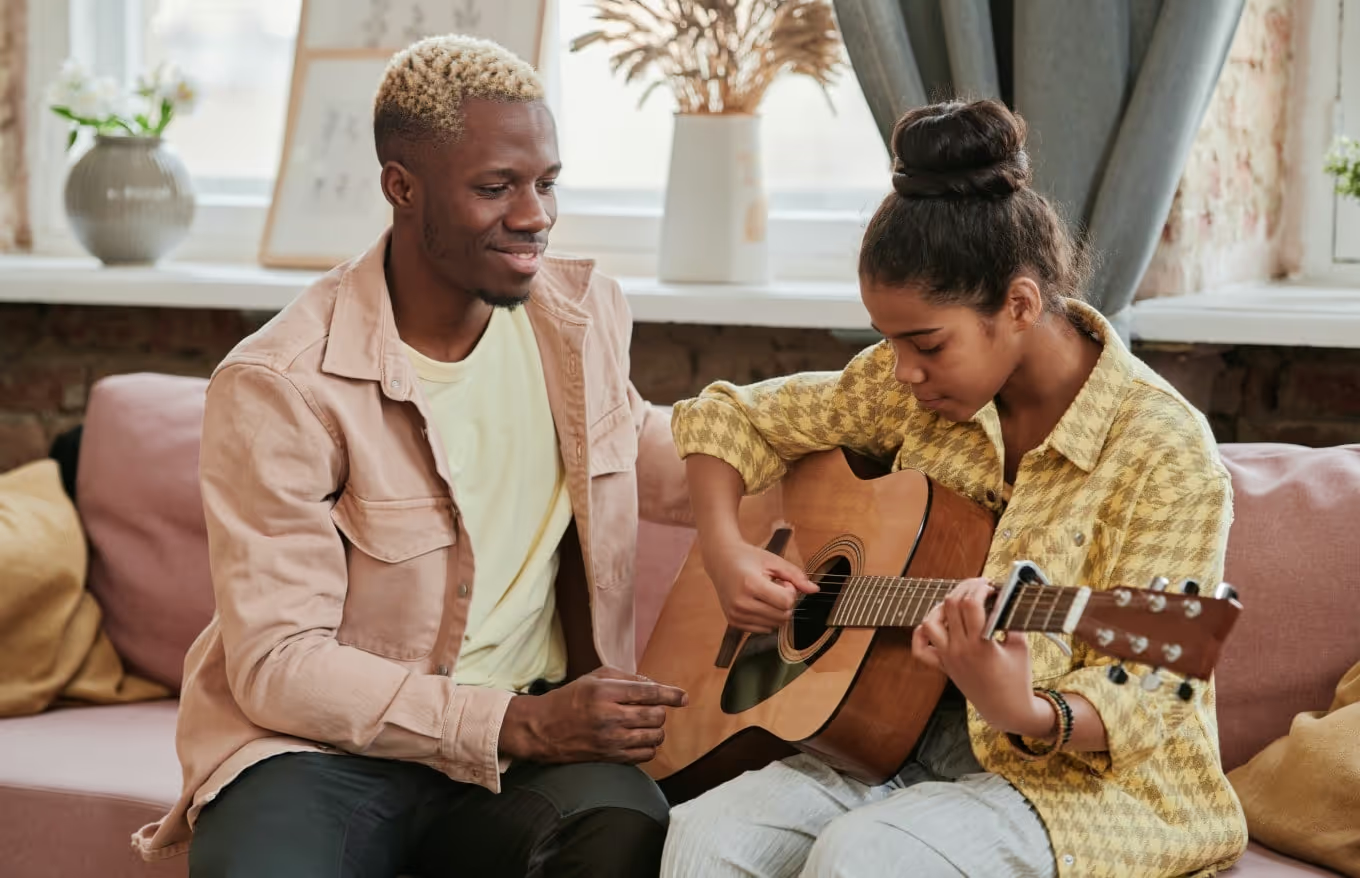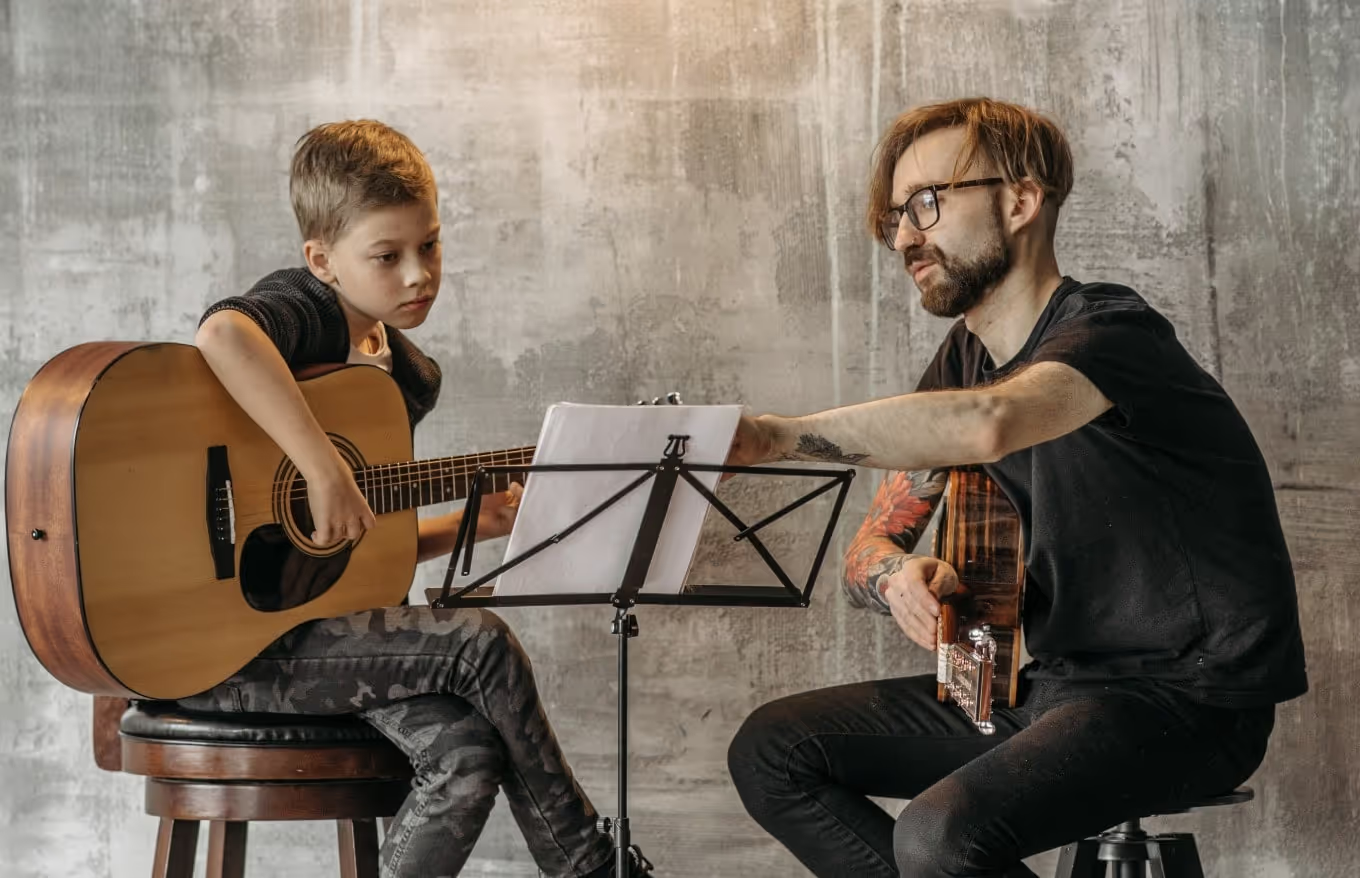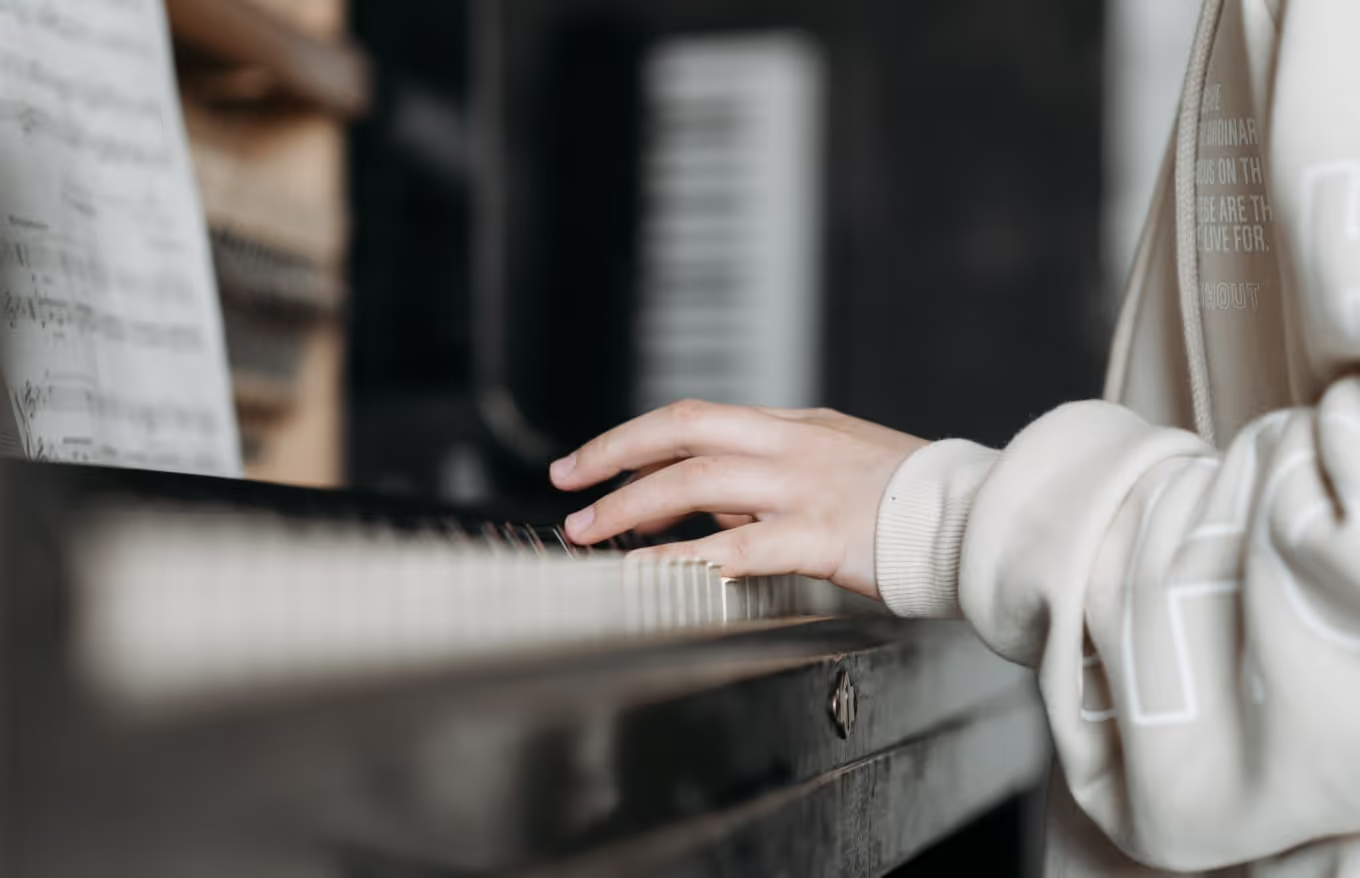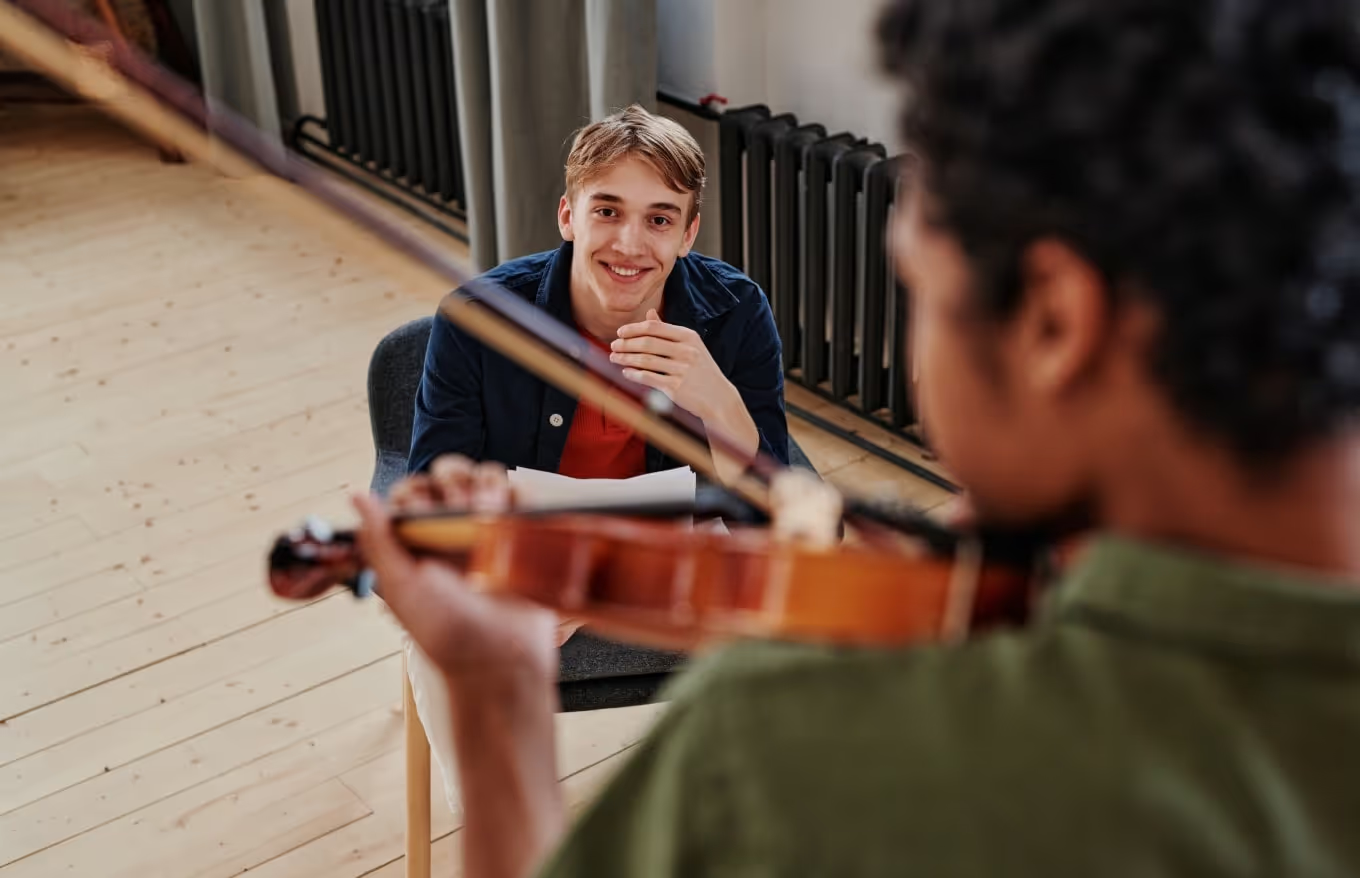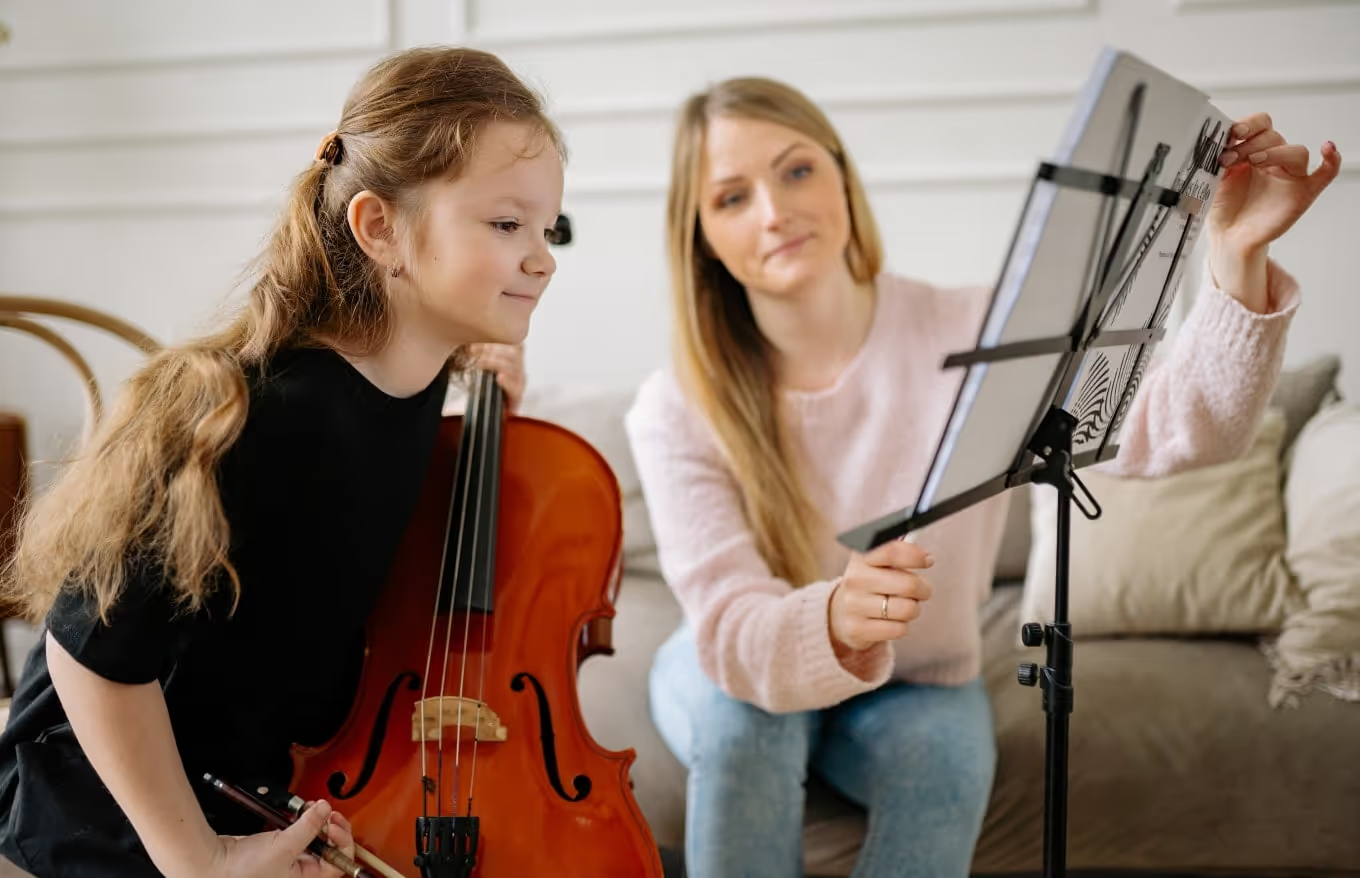At ABC Music Studio, our story began with a simple dream — to make music education accessible, inspiring, and joyful for everyone.
What started as a small group of passionate teachers in Hampton has grown into a creative community of students, musicians, and families across Melbourne.We believe that learning music isn’t just about notes on a page — it’s about connection, confidence, and lifelong growth.“Every melody tells a story. Every student becomes part of ours.”
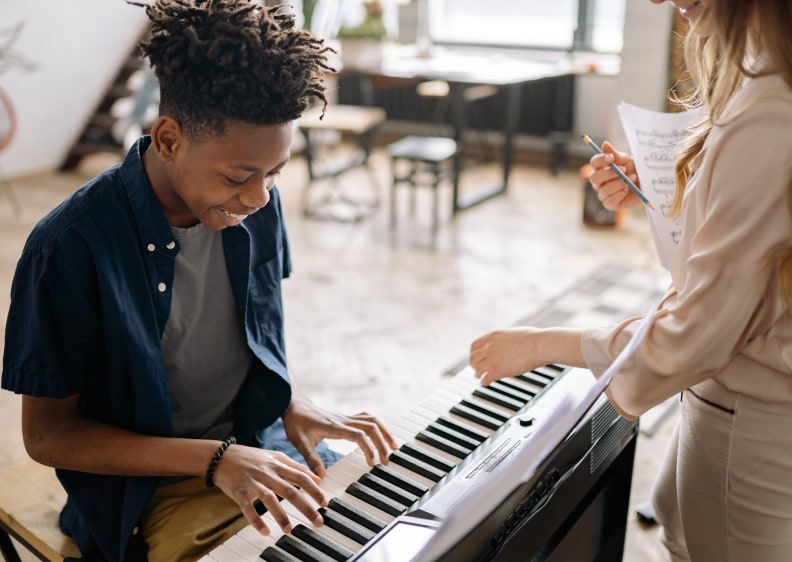
Our Philosophy
Our teaching philosophy is built on three values: creativity, confidence, and care.
We believe every student — child or adult — deserves lessons that feel personal, motivating, and joyful.
In every class, we focus on more than technique.
We nurture imagination, musical curiosity, and self-expression. Whether it’s a 5-year-old learning to keep rhythm, a teenager preparing for an AMEB exam, or an adult rediscovering the piano after years away — our goal is to make every student feel proud of what they achieve.
Our teachers use a blend of European classical training and modern Australian creativity, helping each student find their own musical voice.
“We don’t just teach music. We help people fall in love with it.”


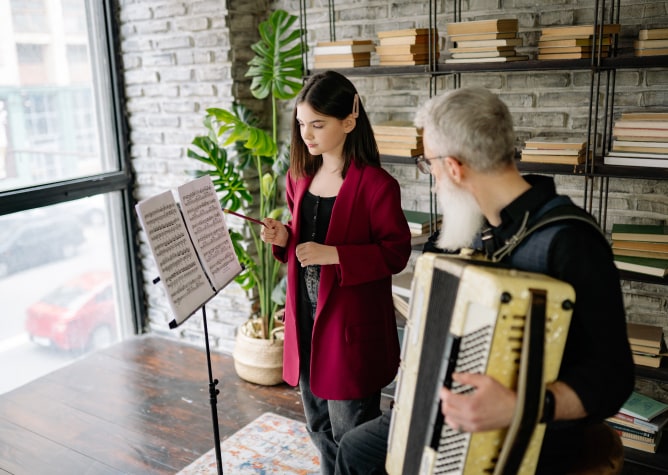
Faculty and Staff
The strength of ABC Music Studio lies in our dedicated, talented team of teachers.
Each educator brings years of professional performance and teaching experience, united by a shared passion for inspiring others.
Our teachers have studied at world-class institutions such as the Moscow State Conservatory, Victorian College of the Arts, and Sydney Conservatorium of Music, and have performed with orchestras, chamber groups, and ensembles across Australia and Europe.
But beyond credentials, they bring warmth, patience, and enthusiasm to every lesson.
They believe in making music approachable — balancing high standards with genuine care for each student’s progress.
“Our teachers don’t just teach — they mentor, encourage, and celebrate every success.”
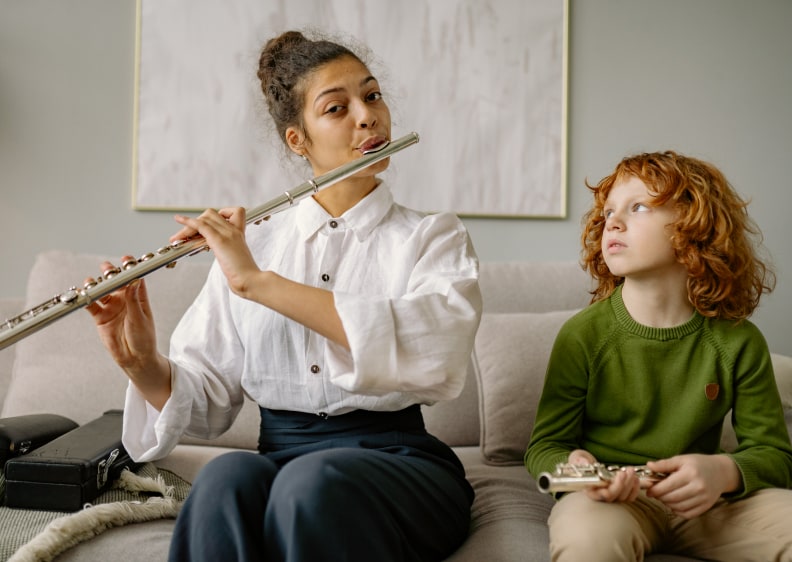

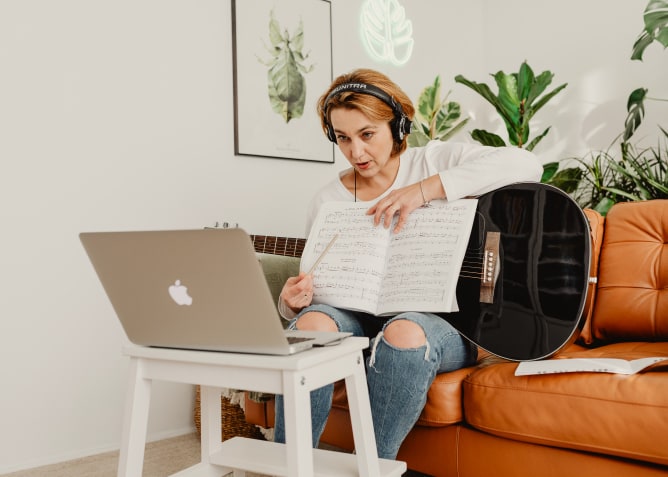

Campus and Facilities
Our Hampton studio is designed to feel welcoming, calm, and creative — a space where students can focus, explore, and express themselves freely.
Each classroom is equipped with high-quality instruments, digital pianos, soundproofing, and comfortable seating areas for families.
We offer both in-person and online learning environments that encourage flexibility and comfort.Parents are welcome to relax in our waiting area, listen to lessons, or enjoy a cup of coffee while their children play.
Regular studio concerts, workshops, and community performances bring everyone together to celebrate the joy of making music.
“We want our studio to feel like a second home — full of sound, laughter, and inspiration.”




